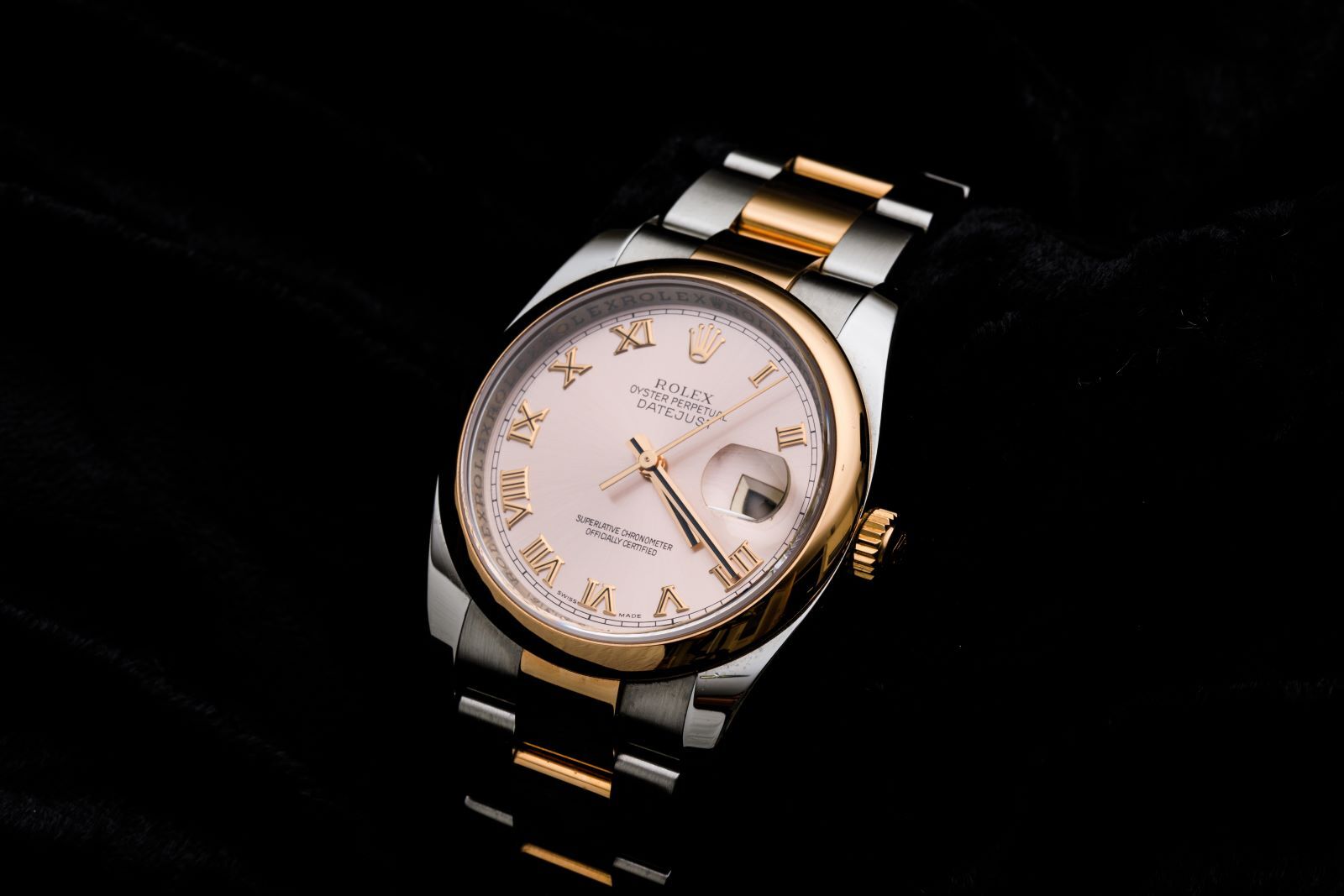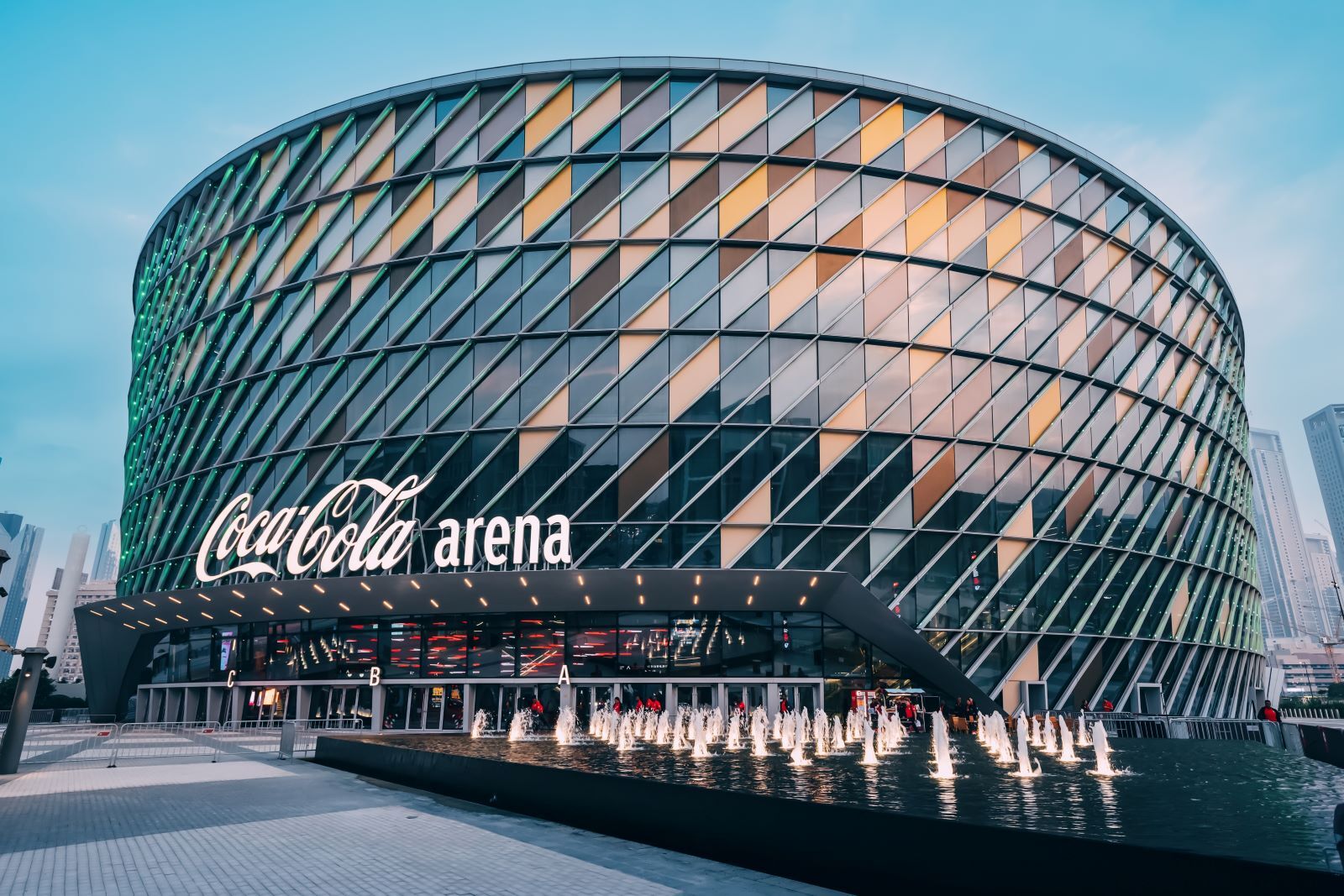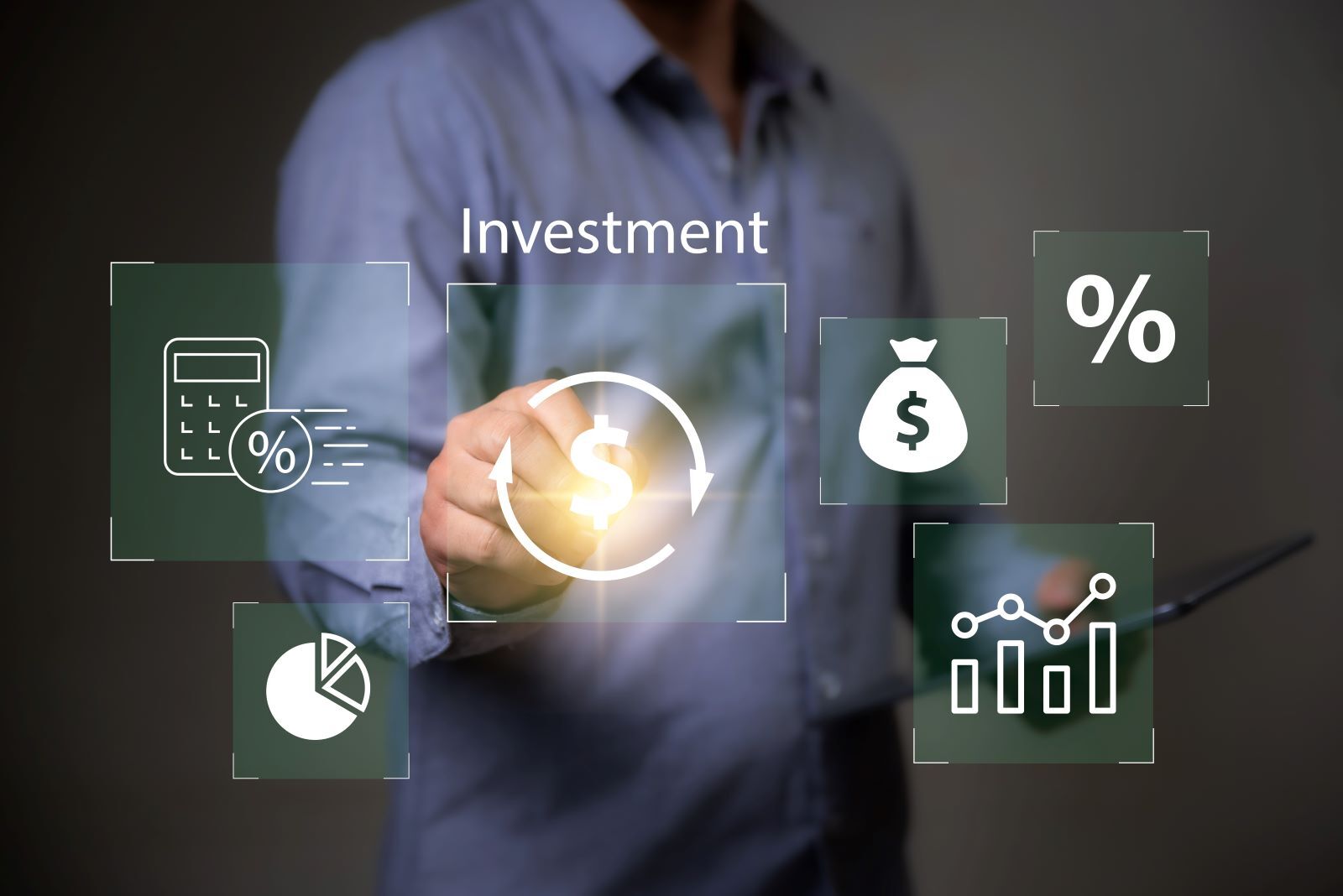A Guide To The Best Investments For UAE Expats
Published: 25 August 2025
The UAE has become one of the world’s most attractive places to build and preserve wealth. For expats, the opportunities here are both financial and personal, with hard-to-ignore incentives like tax-free income and clear residency pathways. If you’re settling in Dubai, what matters most is how you put those advantages to work. From real estate and equities to private markets and gold, these are the strategies helping expats invest with confidence and stay ready for whatever comes next in a fast-moving economy.
.jpg?width=1000&height=563&name=unnamed%20(6).jpg)
Real Estate – The Anchor Investment
Whether you’re local to Dubai or a newly settled expat, real estate is often the cornerstone of a well-balanced portfolio. It offers what few other asset classes can: tangible value, long-term returns, and a pathway to residency – all in a market with no capital gains or taxes on rental income.
The fundamentals speak for themselves. Over the past five years, capital values in Dubai have risen by 147%, with average prices climbing from AED 1,000 per sq ft in 2021 to AED 1,750 in late 2024. That trend has carried into 2025 with impressive strength: in the first half of the year, the Dubai Land Department recorded AED 431 billion in real estate transactions – its highest first two quarters on record.
Rental yields are equally compelling. Gross returns typically range between 6% and 9%, depending on asset type and location – substantially higher than in comparable markets such as London, Paris or Singapore. In areas such as Downtown Dubai, Business Bay, and Dubai Marina, the upside is driven by high-performing short-term rentals, while in villa enclaves like Emirates Hills and Dubai Hills Estate, value comes from capital appreciation and long-term holding power.
The most effective approach for expat investors is often a diversified, multi-asset strategy. This might mean starting with a branded residence in DIFC for stable rental yield, and diversifying with a villa on Palm Jumeirah for lifestyle-led capital growth. For those looking to expand further, an off-plan unit in an emerging market like Abu Dhabi can add room for future upside and longer-term appreciation.
For some expats, much of the value lies in how investment and residency intersect. Purchasing property worth AED 750,000 or more qualifies buyers for a renewable 2-year residence visa, while investments above AED 2 million unlock eligibility for the UAE’s coveted 5-year Golden Visa, offering both personal and professional continuity in the country.
Equities, Funds & Digital Platforms – Portable Investments for Global Portfolios
Property is the anchor, but it's equities and funds that bring liquidity. A strong place to start investing in equities and funds is with exchange-traded funds (ETFs). These are effectively baskets of stocks that track entire markets or sectors, from US tech to clean energy. They’re low-cost, diversified, and easy to trade.
The Invesco QQQ ETF, for example, which tracks major Nasdaq-listed tech stocks, has returned around 119% over the past five years, turning a $10,000 investment into $21,922 as of mid-2025.
For those investing from the UAE, the iShares MSCI UAE ETF has delivered an approximate 37% return over the past year.
If you prefer not to manage trades yourself, platforms like Sarwa and Baraka offer ready-made portfolios aligned to your risk appetite. What funds ultimately offer expats is mobility: the ability to grow capital across borders, respond to global trends, and stay liquid alongside more anchored assets like property.
Gold, Commodities & Crypto
The UAE was trading in commodities long before the towers of DIFC rose up – first in pearls, then oil, and now everything from gold to digital assets. Commodities are generally the low-risk, lower-yield assets that reliably hold value through market swings.
Gold remains the best example. A legacy asset across cultures, gold is still a major part of the UAE investment landscape, particularly in Dubai, which is home to the region’s largest gold souks and trading hubs. Investors here can access physical bullion, gold-backed ETFs, and structured products through most private banks or wealth platforms. Over the past five years, gold has delivered an average return of around 11% annually – not meteoric, but steady, inflation-resistant, and globally respected.
The broader commodities ecosystem in the UAE is also well established and regulated for expat investors. Through the Dubai Multi Commodities Centre (DMCC), investors can gain exposure to everything from oil and gas futures to industrial metals and agri-commodities. These assets may be a less glamorous route than buying gold or a penthouse, but for those looking to hedge against market shocks or currency risk, they offer welcome stability.
Then there’s digital assets and cryptocurrency – the volatile but increasingly mainstream end of the spectrum. Dubai has one of the most forward-thinking regulatory environments in the world for digital assets, with licensed platforms and government-backed crypto initiatives driving legitimacy. The value of Bitcoin has more than doubled since mid-2023, and while volatility remains high, crypto assets are now part of serious portfolio conversations – particularly among younger investors willing to bet on disruption.
Private Equity & Venture Capital (VC) – For Expats Building Beyond the Markets
For experienced investors, venture capital and private equity go beyond public markets. Rather than buying into or betting on listed companies, investors commit capital directly into private businesses, whether that’s a startup on the rise or a more mature firm looking to scale. In return, they gain the potential for substantial returns, close company involvement, and early access to innovation.
In the UAE, the private equity and VC landscape is growing fast. DIFC and ADGM are now home to a rising number of funds, family offices and accelerator programmes, with notable strength across fintech and green energy. The most accessible route for expats is through private wealth platforms, such as Emirates NBD Private Banking, while others enter through angel networks (i.e. investor groups that pool capital into early-stage deals).
For expats, this is what opens the doors to the more coveted 10-year Golden Visa. Entrepreneurs and investors who establish or back a UAE-based company worth AED 2 million or more can qualify for 10-year renewable residency, without the need for local sponsorship. It also allows for extended time abroad (more than six months) without visa cancellation, offering greater flexibility than standard investor visas.
Private equity is high risk and highly illiquid, as capital is often tied up for years and profitable exits are not guaranteed. However, for those with the right access and appetite, it’s a chance to shape something from the ground up while securing long-term presence in the region.
Final Thoughts
Dubai remains one of the most compelling markets for expat investors – not only for the breadth of opportunities, but for the ability to keep more of every return. That said, every investment carries its own risk, so thorough due diligence is essential, especially in private markets and emerging sectors. If your investment focus is on luxury real estate, our team can connect you to exclusive listings and market insights you won’t find elsewhere. Contact us today and one of our property experts will be glad to assist.



